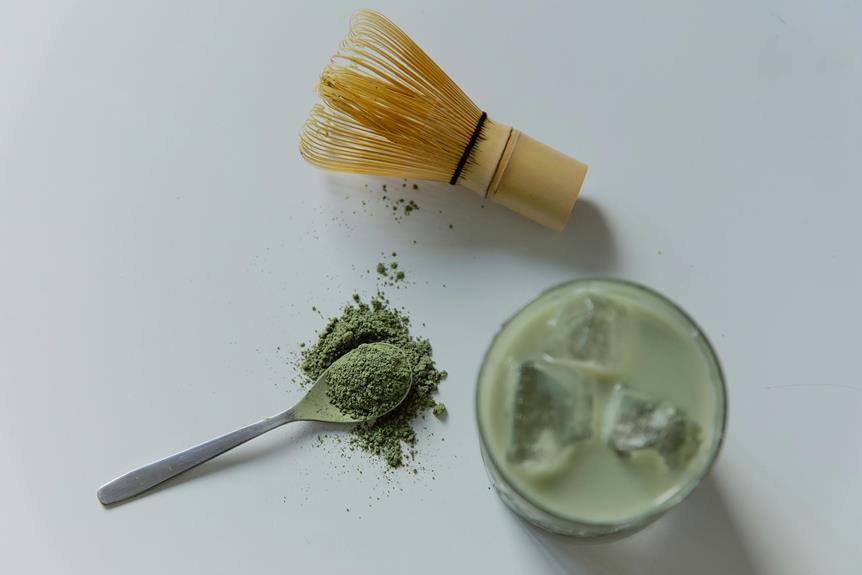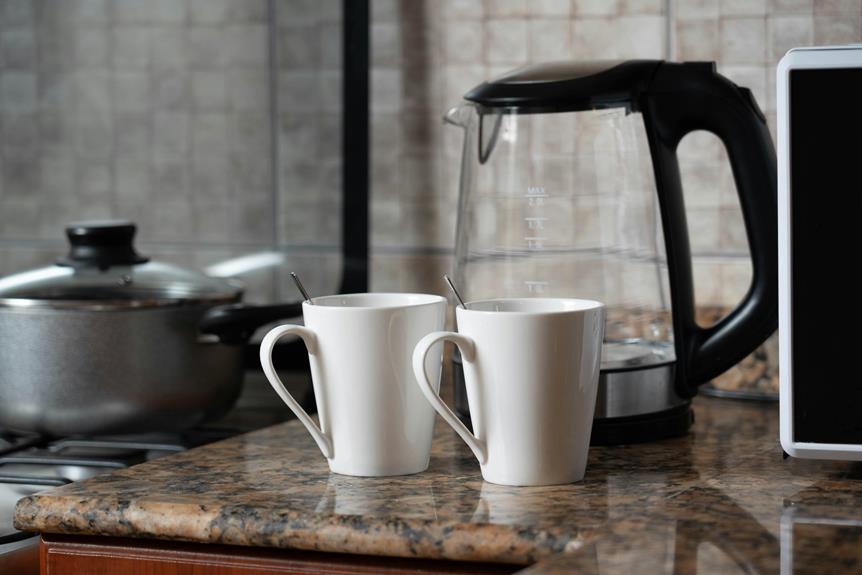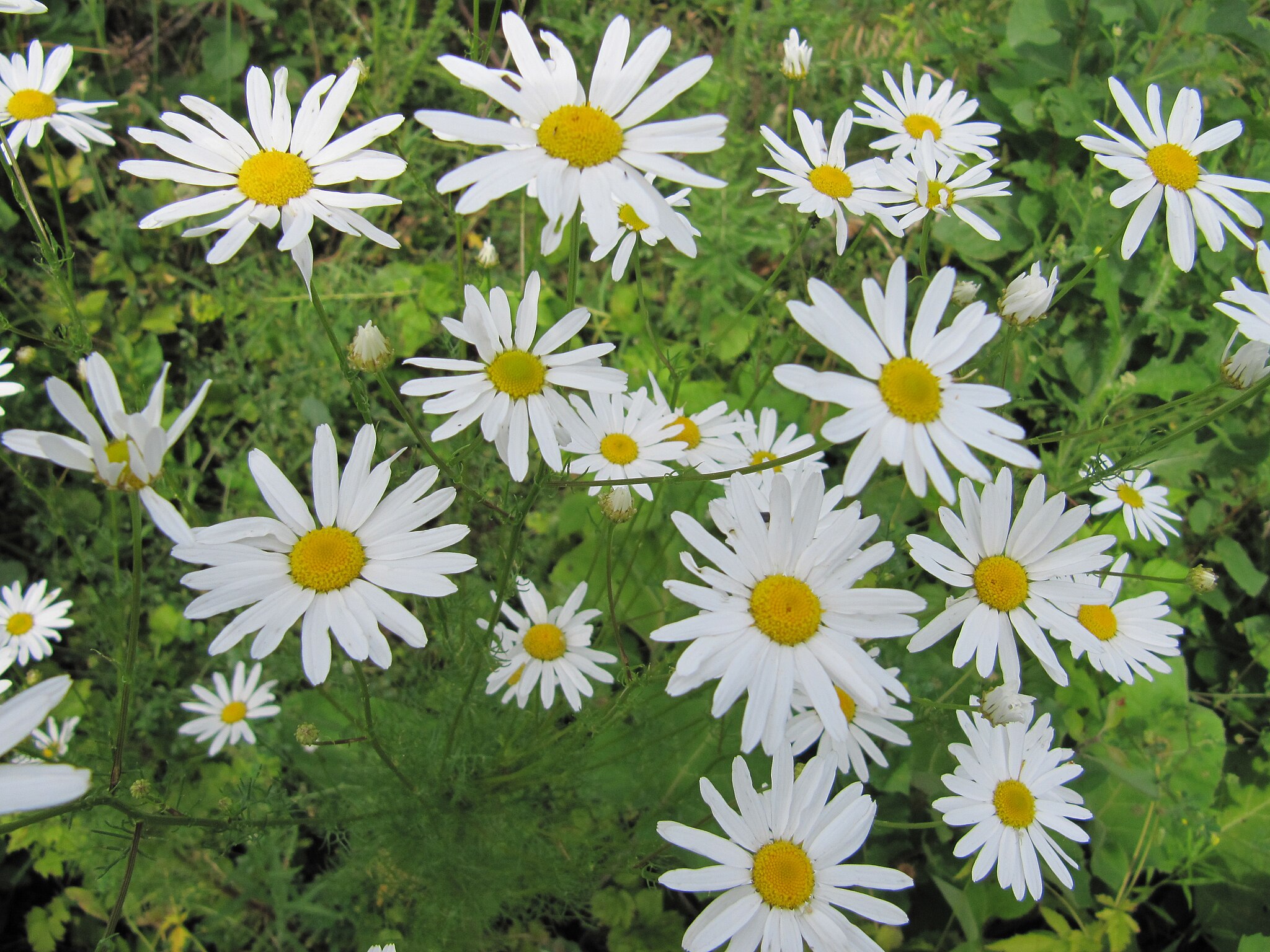You're looking to boost your productivity with a cup of caffeinated tea, but which one to choose? Yerba mate fuels mental and physical performance, while matcha green tea provides a potent dose of focus and energy. Black tea is a classic choice for mental clarity, and guayusa offers a sustained energy boost without the jitters. Last but not least, pu-erh tea provides a rich history and cultural significance along with its energizing effects. From ancient traditions to modern-day benefits, you're about to uncover the perfect brew to fuel your most productive self – and the possibilities are endless.
Key Takeaways
- Yerba mate fuels mental and physical performance with its unique blend of nutrients and antioxidants, making it a popular choice among athletes.
- Matcha green tea provides a potent dose of focus and energy in every cup, promoting mindfulness and calm focus with its rich flavor profile.
- Black tea fuels productivity and mental clarity with its gentle yet sustained energy boost, making it an ideal choice for tasks that require mental acuity.
- Guayusa provides a sustained energy boost without the jitters, rich in antioxidants and essential nutrients, supporting local, sustainable Rainforest harvest practices.
- Pu-erh tea offers a sustained energy boost that lasts for hours, with a rich, earthy flavor and a caffeine kick, making it an ideal choice for individuals seeking a productivity boost with cultural significance.
Yerba Mate: The Energy Powerhouse
Get ready to kick your energy into high gear with yerba mate, a traditional South American brew that's been fueling mental and physical performance for centuries.
This ancient beverage holds deep cultural significance in many South American countries, particularly in Argentina, Uruguay, and Paraguay, where it's an integral part of daily life.
Yerba mate is more than just a drink – it's a social ritual that brings people together, fostering a sense of community and connection.
As you sip on this earthy, slightly bitter tea, you'll feel a boost of energy and mental clarity.
Yerba mate contains caffeine, but its unique blend of nutrients and antioxidants sets it apart from other stimulants.
It's said to improve focus, concentration, and physical endurance, making it a popular choice among athletes and individuals with demanding lifestyles.
With its rich history and cultural significance, yerba mate is an excellent addition to your productivity toolkit.
Matcha Green Tea: Focus in a Cup
Your morning pick-me-up just got a whole lot greener with matcha green tea, a finely ground, vibrant powder that releases a potent dose of focus and energy in every cup. This traditional Japanese brew is more than just a drink – it's an experience that combines ceremony benefits with a rich flavor profile.
When you whisk matcha into hot water, you're not just making a cup of tea, you're participating in a centuries-old ritual that promotes mindfulness and calm focus.
As you sip, imagine yourself transported to a serene Japanese garden, surrounded by:
Lush greenery and blooming cherry blossoms
The gentle chirping of birds and soft rustling of leaves
The subtle aroma of slightly bitter, grassy notes
The warm, comforting sensation of caffeine kicking in
The mental clarity and creativity that comes with a focused mind
With matcha, you can harness the power of a traditional tea ceremony to boost your productivity and stay focused throughout the day.
Black Tea: The Classic Productivity Booster
Steep yourself in the rich, bold flavor of black tea, a timeless classic that's been fueling productivity and mental clarity for centuries.
This iconic brew has been a staple in many cultures, particularly in the UK, where it's an integral part of daily life. Black tea's cultural significance extends beyond its delicious taste, as it's often associated with social gatherings, business meetings, and moments of relaxation.
But what makes black tea a productivity powerhouse?
For starters, it's packed with antioxidant benefits that help combat stress and fatigue. The caffeine content, although less than coffee, provides a gentle yet sustained energy boost that lasts throughout the day.
Plus, the L-theanine content promotes focus and concentration, making it an ideal choice for tasks that require mental acuity. Whether you're tackling a complex project or need a mid-morning pick-me-up, black tea is the perfect companion.
Guayusa: The Amazonian Energy Secret
While black tea has been a staple in many cultures, you might be surprised to learn that the Amazon rainforest has its own secret to harnessing energy and focus – guayusa, a type of caffeinated tea that's been brewed by indigenous communities for centuries.
This traditional Amazonian tea is harvested from the rainforest's lush canopy, where the leaves are carefully selected and dried to preserve their natural caffeine content.
Imagine yourself sipping on a warm cup of guayusa, surrounded by the vibrant sounds and scents of the Amazon rainforest.
As you take a sip, you're transported to a world of ancient traditions and rituals, where the local communities have relied on guayusa for generations to fuel their daily activities.
Rich, earthy flavor with hints of mint and citrus
Sustained energy boost without the jitters
High in antioxidants and other essential nutrients
Supports local, sustainable Rainforest harvest practices
Infused with the spirit of Amazonian traditions
Pu-erh Tea: The Ancient Energizer
Pu-erh Tea: The Ancient Energizer
Discovering pu-erh tea's energizing properties is like unearthing a centuries-old secret, as this ancient Chinese brew has been fueling dynasties and trade routes for over 1,000 years.
You're about to tap into a rich history that'll give you a productivity boost like no other. Pu-erh tea's unique fermentation process sets it apart from other teas.
Microorganisms break down the tea leaves, creating a rich, earthy flavor and a caffeine kick that'll keep you going. The quality of the soil also plays a vital role in pu-erh tea's flavor profile.
Teas grown in regions with rich, fertile soil tend to have a more complex taste. When you drink pu-erh tea, you'll notice a sustained energy boost that lasts for hours.
This is because the fermentation process slows down the release of caffeine, providing a steady stream of energy without the jitters. With pu-erh tea, you'll be able to tackle your to-do list with focus and clarity, just like the ancient traders who relied on it to fuel their journeys.
Frequently Asked Questions
Can I Drink Caffeinated Tea if I'm Sensitive to Caffeine?
If you're super sensitive to caffeine, you might want to explore Caffeine Alternatives to avoid the jitters. However, if you still want to try caffeinated tea, start with a small amount to test your tolerance and see how it affects your Energy Levels.
How Much Tea Should I Drink in One Sitting?
How much tea is too much tea? You're wise to ask! When it comes to your tea tolerance, start with a small amount, about 1/2 cup, and adjust based on ideal brewing times to avoid jitters and maximize energy.
Can I Add Sugar or Honey to My Caffeinated Tea?
You're wondering if you can add sugar or honey to your caffeinated tea? Absolutely! You can, but be mindful of the flavor profiles. Consider sweetener alternatives like stevia or monk fruit to balance the taste without overpowering it.
Will Caffeinated Tea Help With Afternoon Slumps?
"Like a revving engine, your afternoon slump stalls your productivity. But, you can shift gears with caffeinated tea, which helps you avoid an energy crash and gives you a focus boost to power through the rest of your day."
Can I Drink Caffeinated Tea at Night Before Bed?
You shouldn't drink caffeinated tea at night, as it can disrupt your sleep quality. Instead, try relaxation techniques like deep breathing or meditation to unwind before bed, ensuring a restful night's sleep.
Conclusion
As you raise your cup, the world slows down, and your focus sharpens like a razor's edge.
The perfect blend of caffeine and flavor has transformed you into a productivity powerhouse, tackling tasks with ease and precision.
With these top 5 caffeinated teas, you've discovered the secret to a more energized, more driven you – ready to conquer the day, one sip at a time.









